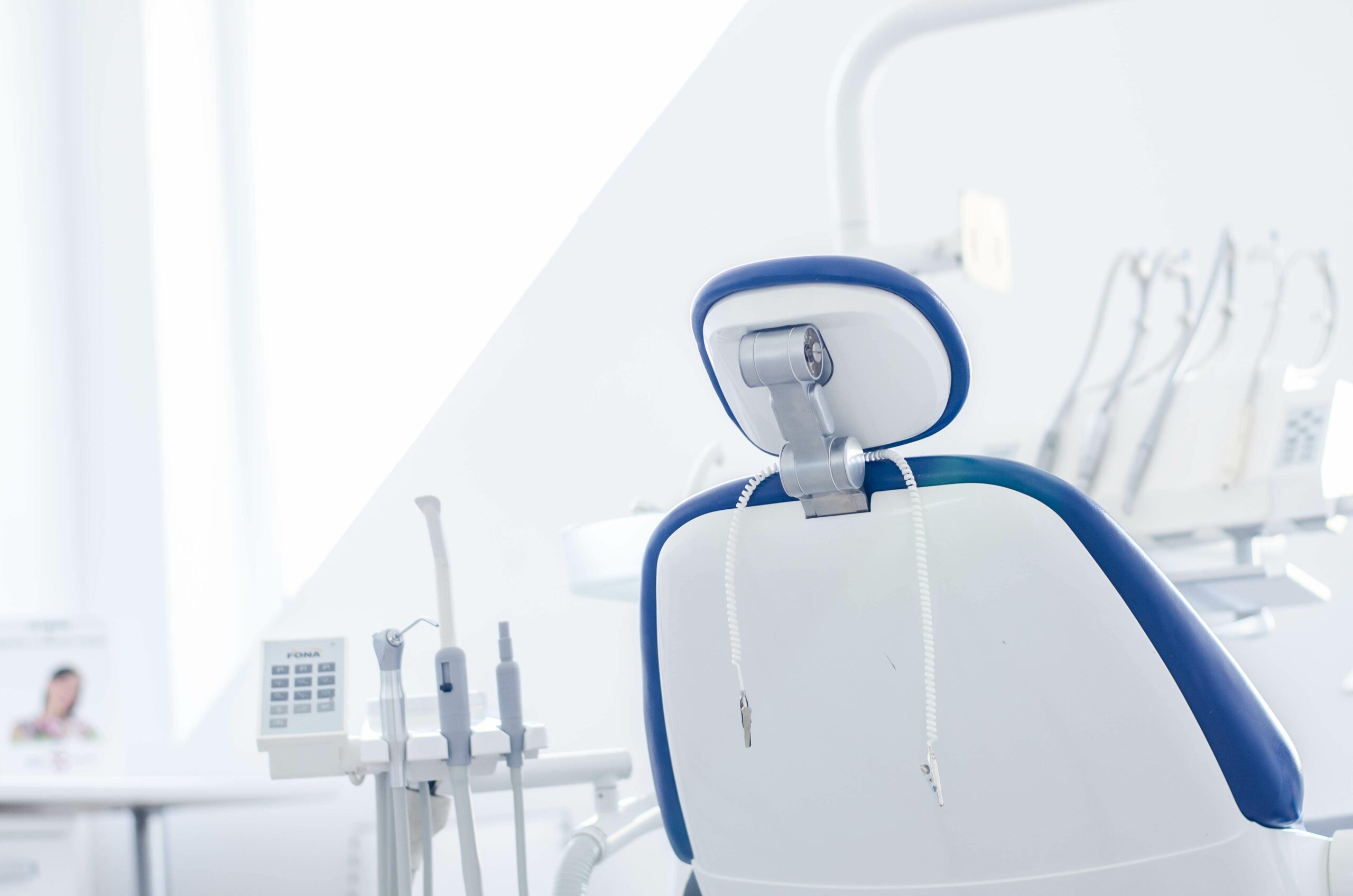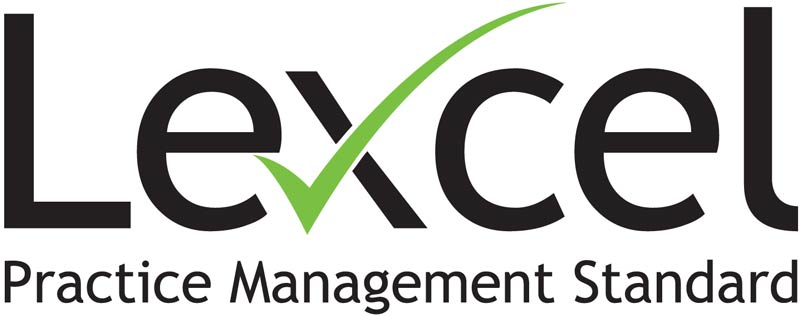The period after Christmas and New Year can be great for reflection, and planning for the months and year (or years) ahead. If you are thinking about selling your practice in 2023, but aren’t quite sure where to start, here are some top tips to consider.
1. Getting a Valuation when selling dental practice
Most people wouldn’t consider selling a house without a proper valuation (or three), so why would you sell your dental practice without one? There are lots of points to consider here, and a normal business valuation won’t be applicable. Whilst a business is only worth what someone is willing to pay for it, you should never accept a valuation based on the opinion of the buyer (they obviously will want to pay less!).
2. Get specialist advice
We’ve dealt with a number of matters where a perfectly good business advisor has missed a point that a specialist in dental practice sales and purchases would have spotted. Such mistakes can cost time in terms of the transaction, but also thousands in wasted fees. Check whether your accountant, solicitor and sales agent are experienced in acting for dentists. You can get a good idea from the questions they ask you initially.
3. Due diligence
As you may remember from when you bought your practice, the due diligence process is very important as it gives the buyer a picture of the practice, but also it forms much of the basis of the seller’s protection against warranty claims. Before the process starts, make sure your accounts and management figures are kept up-to-date, and employee and associate contracts are in place. Check your maintenance reports are all up to date, and that your practice is compliant. If you don’t have proper policies and procedures in place, your solicitor (or your regulator) can probably help. Don’t give the buyer an excuse to chip the price down. The tidier the practice, the higher your likely return on investment!
4. Keep calm and carry on
A bit like when you’ve handed in notice to start a new job, selling a dental practice is a life changing process, and it’s easy to “check out” early and lose focus. However, this risks hindering the deal, and may lead to a price reduction, or even a warranty claim post purchase, if underperformance on an NHS contract is uncovered, or equipment wasn’t properly maintained and so on.
5. Post completion
What happens after you have sold and received (hopefully) pots of cash? Consider whether you want or need to continue working after the sale. This may need to be negotiated into any sale agreement with the buyer. Don’t leave it until after you have completed to take financial or tax advice. It may be that, with prior planning, your deal could be structured to better support your future plans.
Linked to point one above, make sure you have an experienced tax advisor (often an accountant) engaged at an early stage to help you recognise what tax reliefs you are entitled to, or what burdens there may be.
Finally, don’t forget to speak with your solicitor about preparing or updating your will! It’s never too early, but it can be too late.
What next?
Scott Bailey LLP are solicitors in Hampshire and act for dentists selling private or NHS dental practices throughout the country. Get in touch with out specialist team for more information on how we can help you sell your dental practice, and for a fixed fee quote. Alternatively, follow this link to read more on buying and selling dental practices.
Ben Ironmonger, Company and Commercial Partner at Scott Bailey LLP, is experienced in acting for dentists who are buying or selling dental practices. Ben has worked with dental clients since starting as a paralegal way back in 2008.










